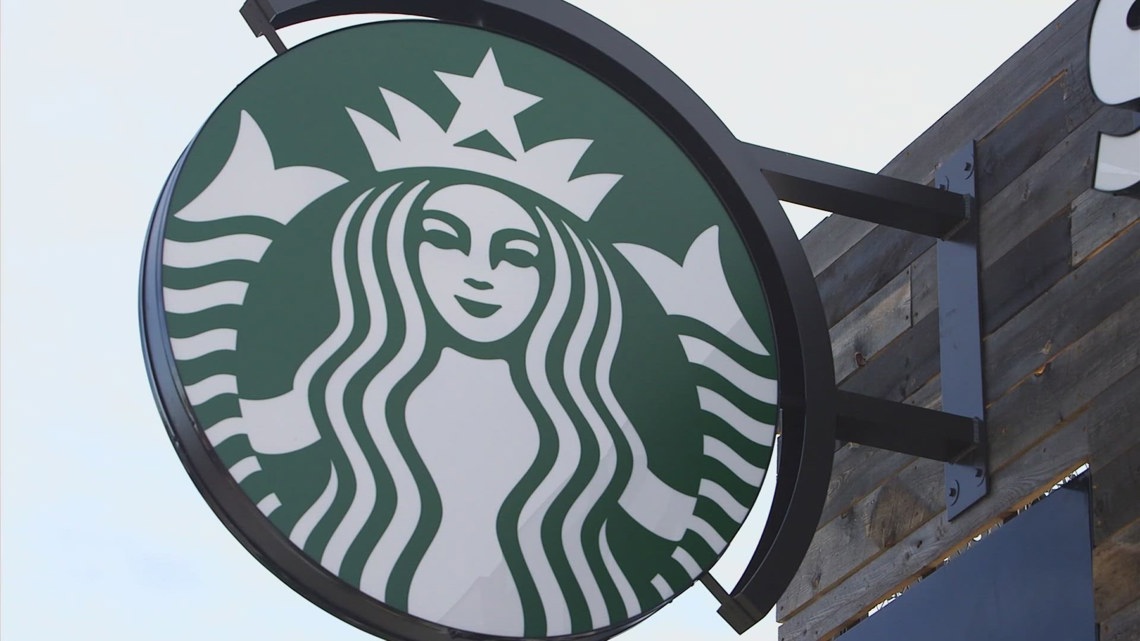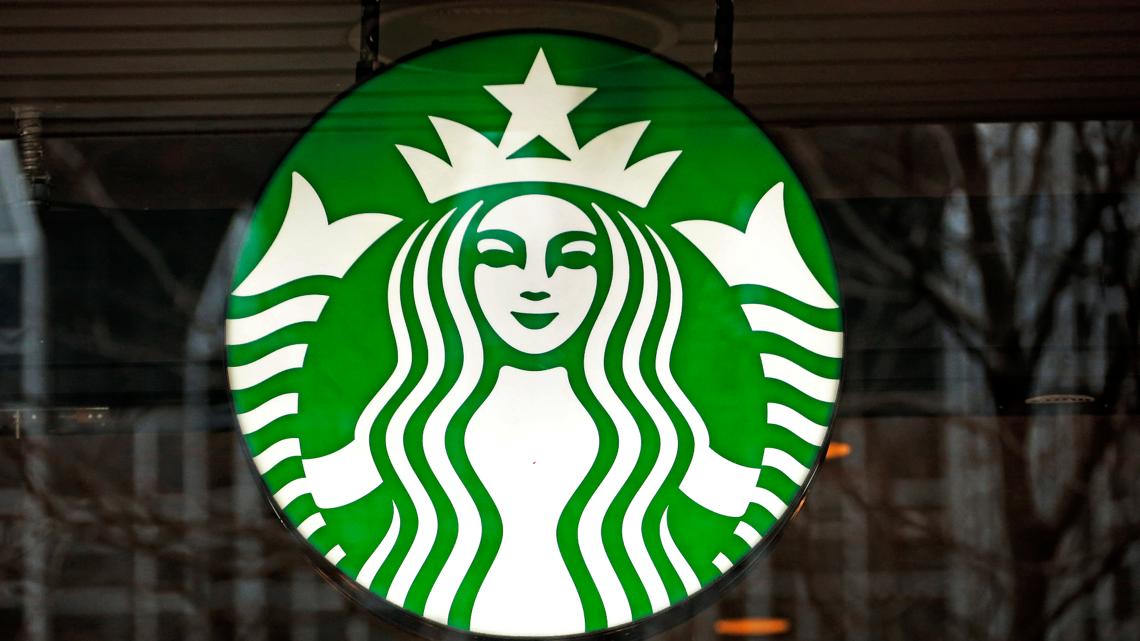Starbucks Baristas Prepare Historic Strike as Holiday Sales Loom

Fed-Up Baristas Prepare for Historic Strike
Starbucks baristas across the U.S. are gearing up for what union leaders are calling their largest strike yet, fueled by years of stalled contract negotiations. Since the first stores unionized in 2021, workers have pushed for fair pay, better staffing, and resolution of hundreds of labor complaints, but progress remains elusive. With Red Cup Day approaching, a major holiday sales event, the pressure is mounting on the company to respond.
Union Demands and Company Response
Workers have authorized a strike in over 25 cities, warning that business could grind to a halt if Starbucks doesn’t make meaningful offers by November 13. The union represents about 650 locations, a small but vocal segment of the chain’s workforce. Starbucks maintains that most stores will remain open and blames the union for the impasse, insisting it already offers competitive pay and benefits.
Broader Implications
Investors and city officials are urging Starbucks to restart talks, warning that continued labor unrest could damage the brand’s reputation and holiday sales. With the holiday rush at stake, the outcome of this standoff could set a precedent for labor relations in the retail sector.
About the Organizations Mentioned
Starbucks
Starbucks Corporation, founded in 1971 by Jerry Baldwin, Gordon Bowker, and Zev Siegl, began as a small coffee bean retailer at Seattle’s Pike Place Market. Inspired by the seafaring tradition of early coffee traders and the character Starbuck from Herman Melville’s *Moby Dick*, Starbucks initially focused on selling high-quality coffee beans, teas, and spices, with Alfred Peet’s roasting techniques shaping its early approach. The company’s commitment to quality and its unique branding quickly set it apart in the American coffee scene. A pivotal moment came in 1982 when Howard Schultz joined the company. After experiencing Italy’s vibrant coffeehouse culture, Schultz envisioned transforming Starbucks into a café experience, which led to the introduction of brewed coffee and espresso drinks. In 1987, Schultz acquired Starbucks and began rapid expansion, opening stores outside Seattle and eventually across the U.S. and internationally. By 1992, Starbucks went public, fueling further growth and innovation. Starbucks is renowned for its customer-centric innovations, including the introduction of the Frappuccino, the Starbucks Rewards loyalty program, and the pioneering use of stored-value cards, which provide significant cash flow advantages. The company has also excelled in global expansion, operating over 38,000 stores in more than 80 countries, while tailoring each location to reflect local culture and tastes. Today, Starbucks is a global leader in the coffee industry, known for its commitment to sustainability, community engagement, and digital transformation. Its mobile app, advanced supply chain technology, and data-driven customer insights have positioned it at the forefront of retail innovation. Starbucks continues to shape the way people around the world experience coffee, blending tradition with technology to foster human connection in every cup.

















